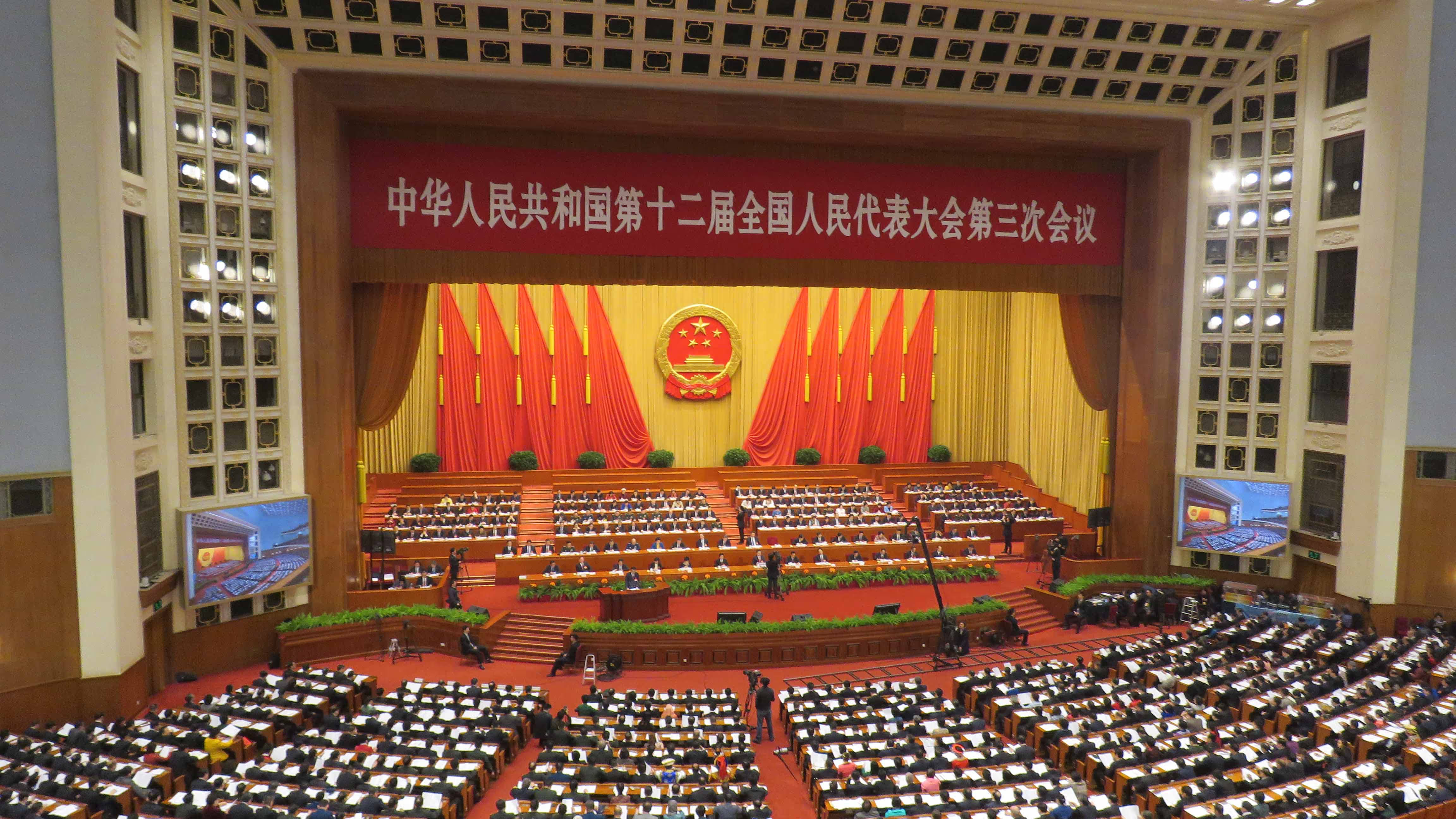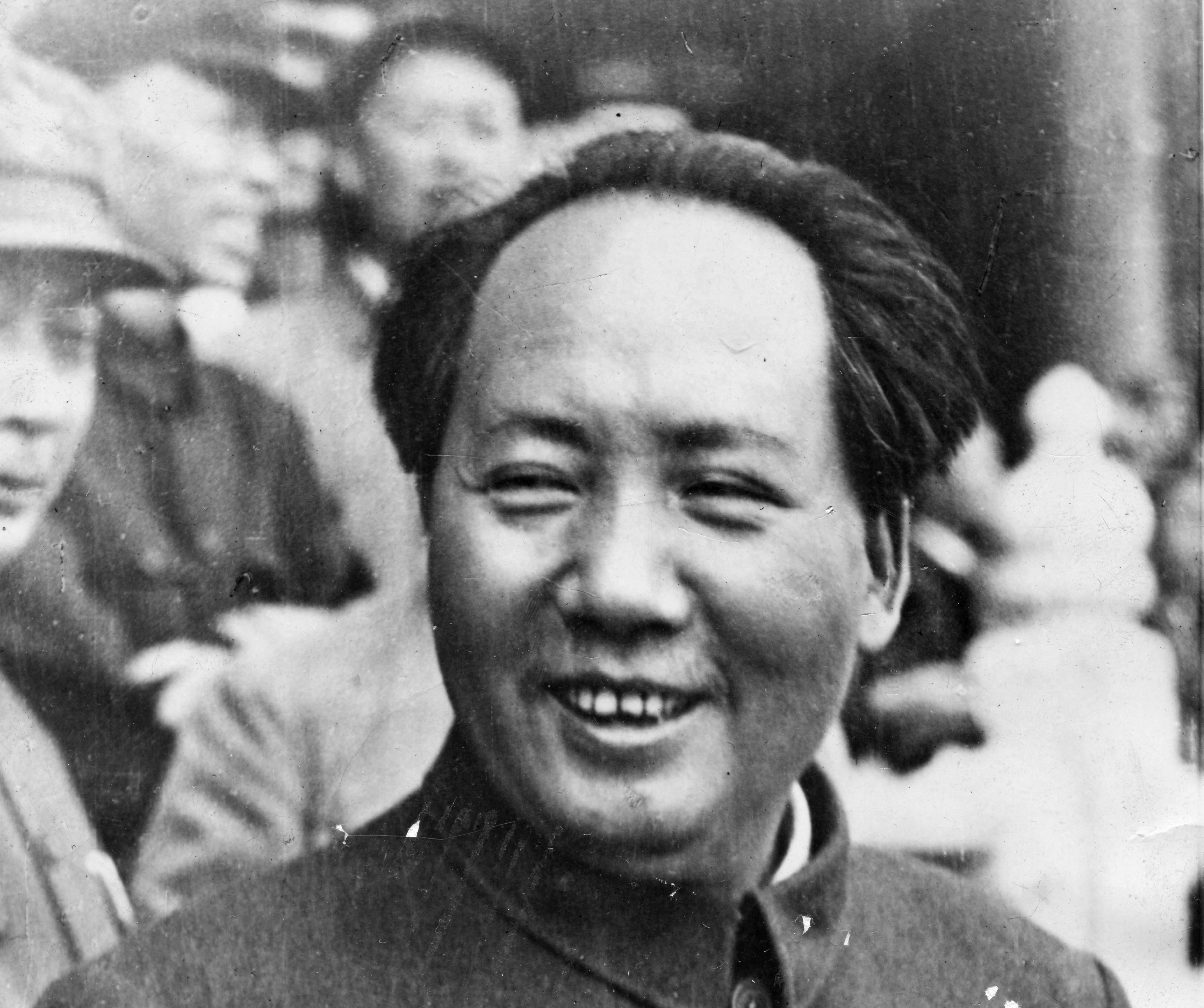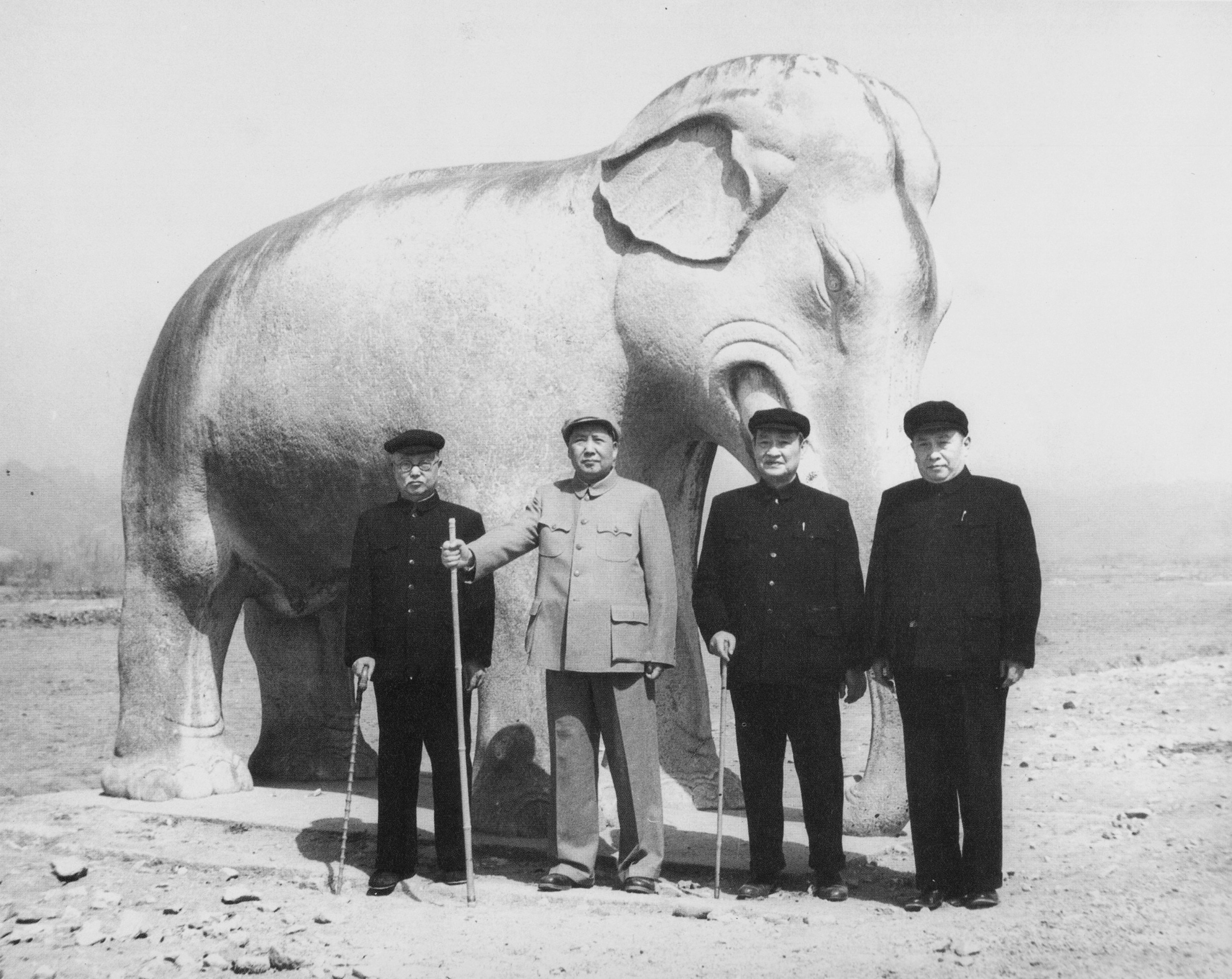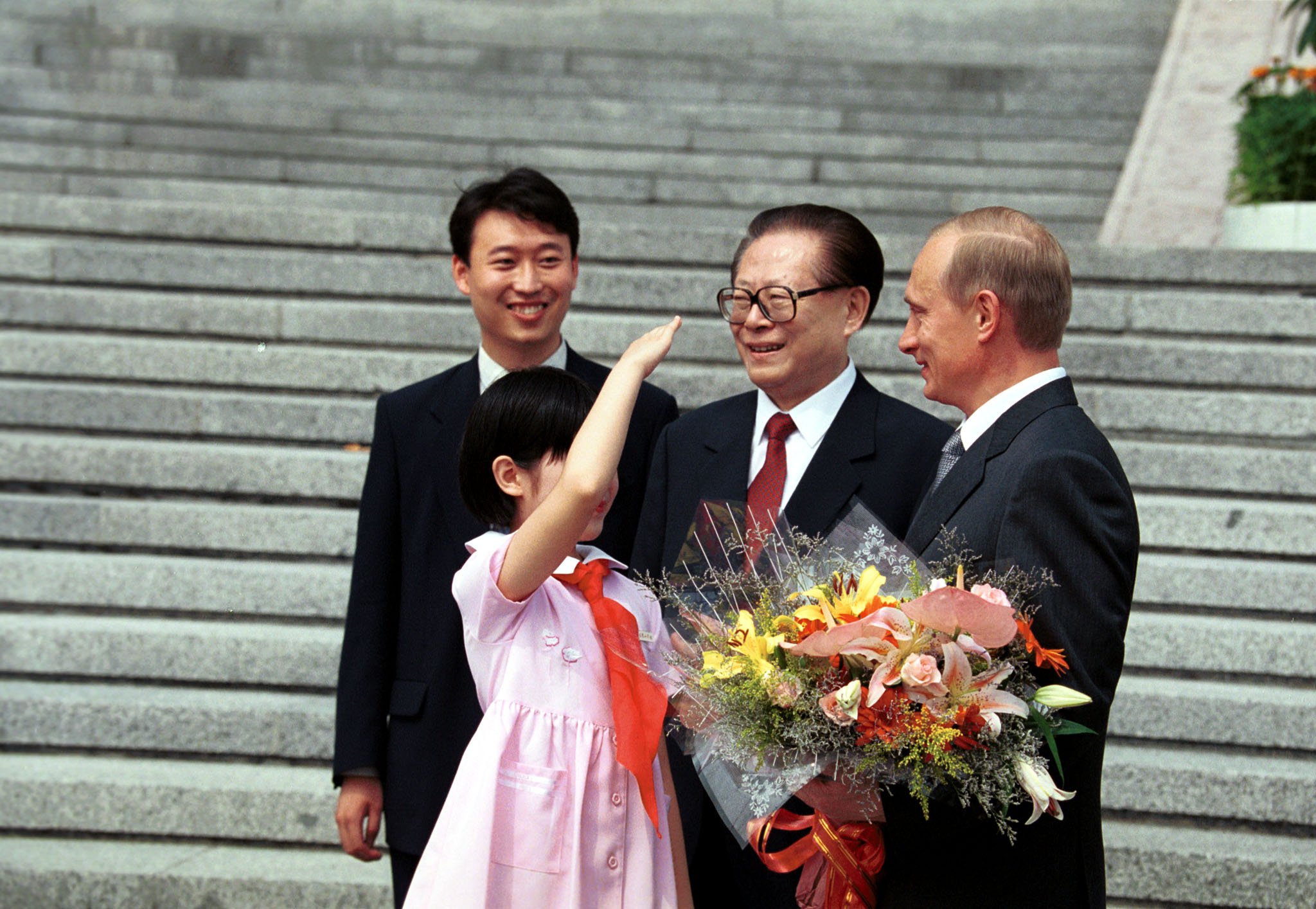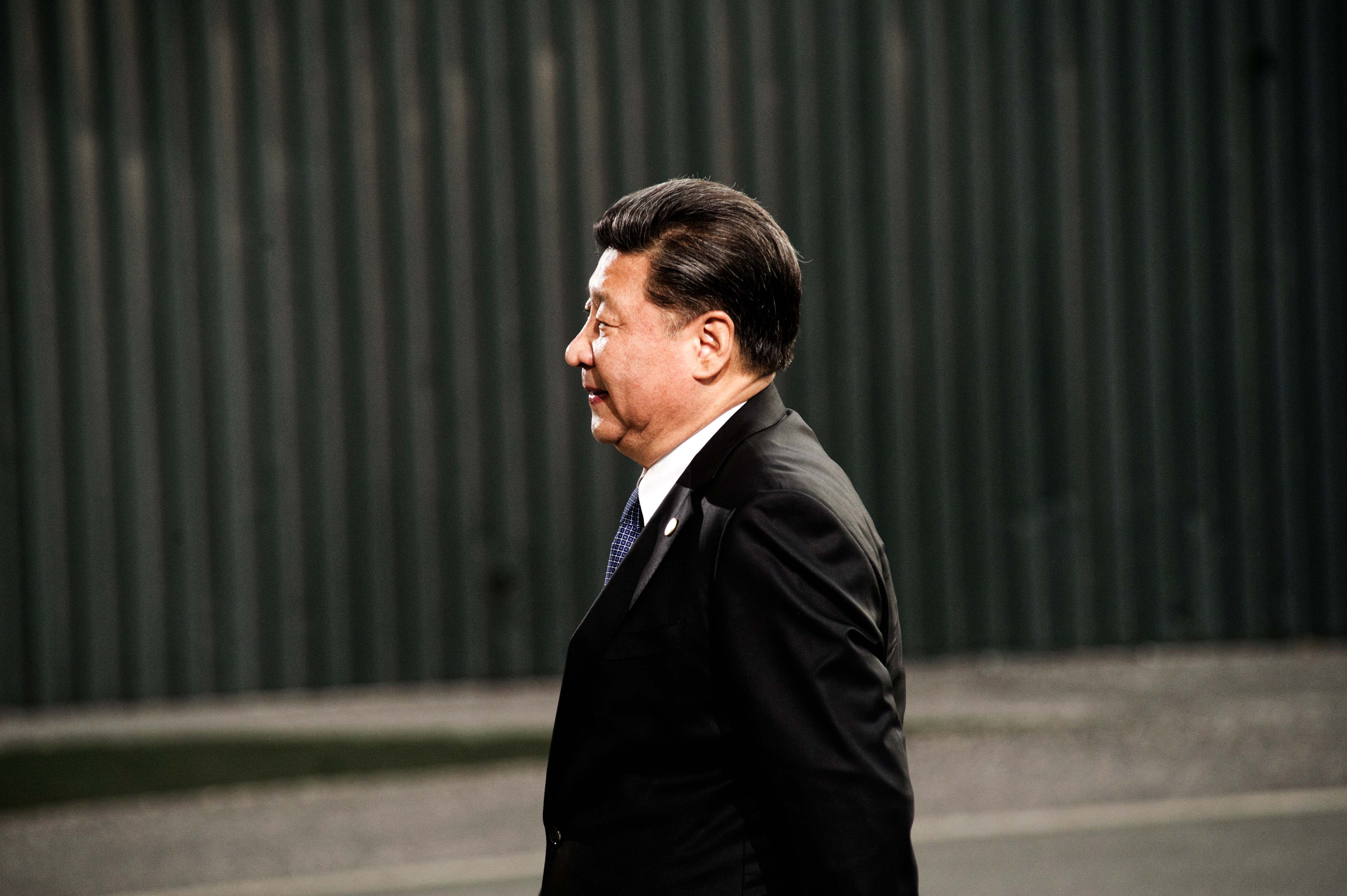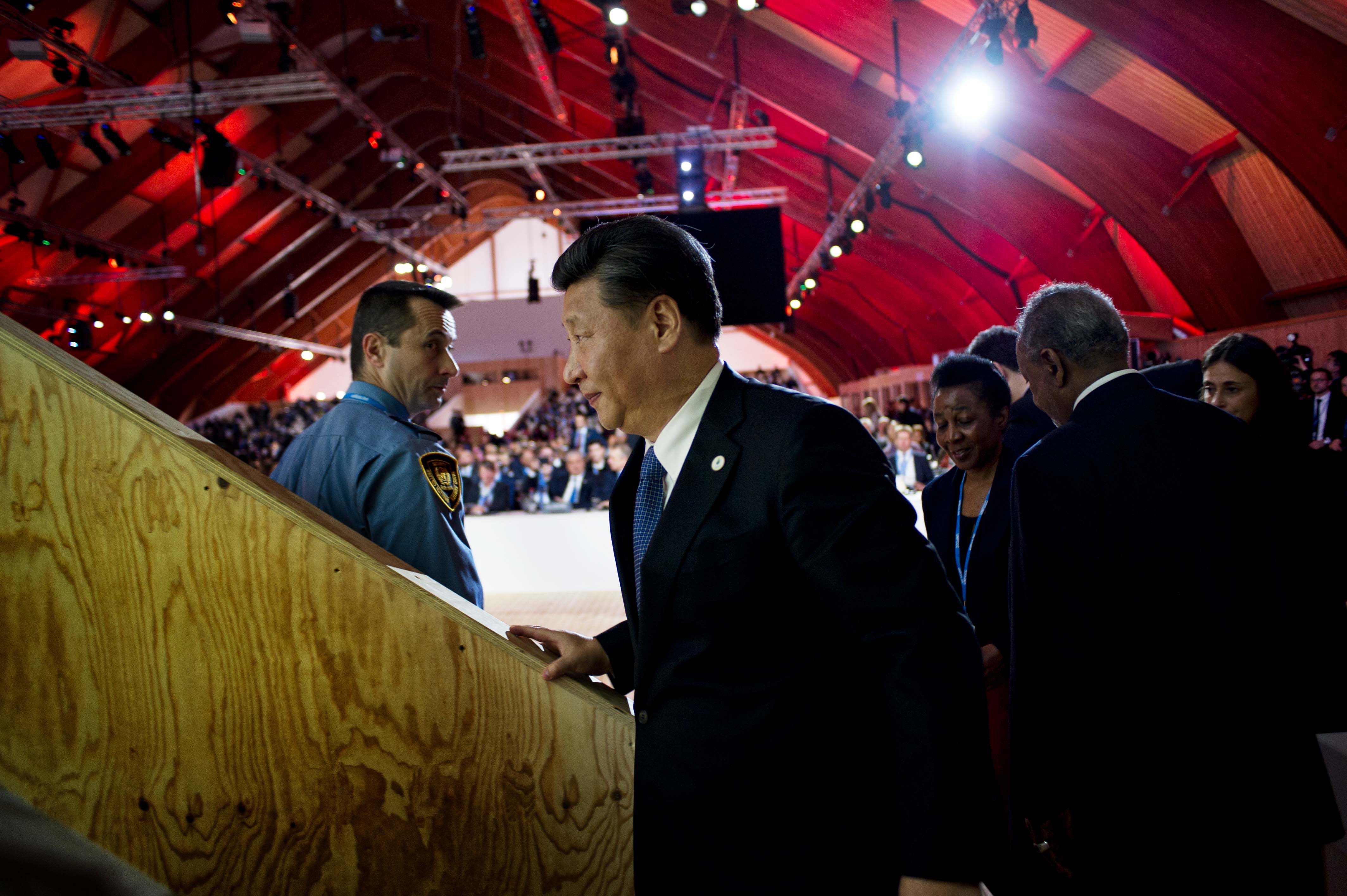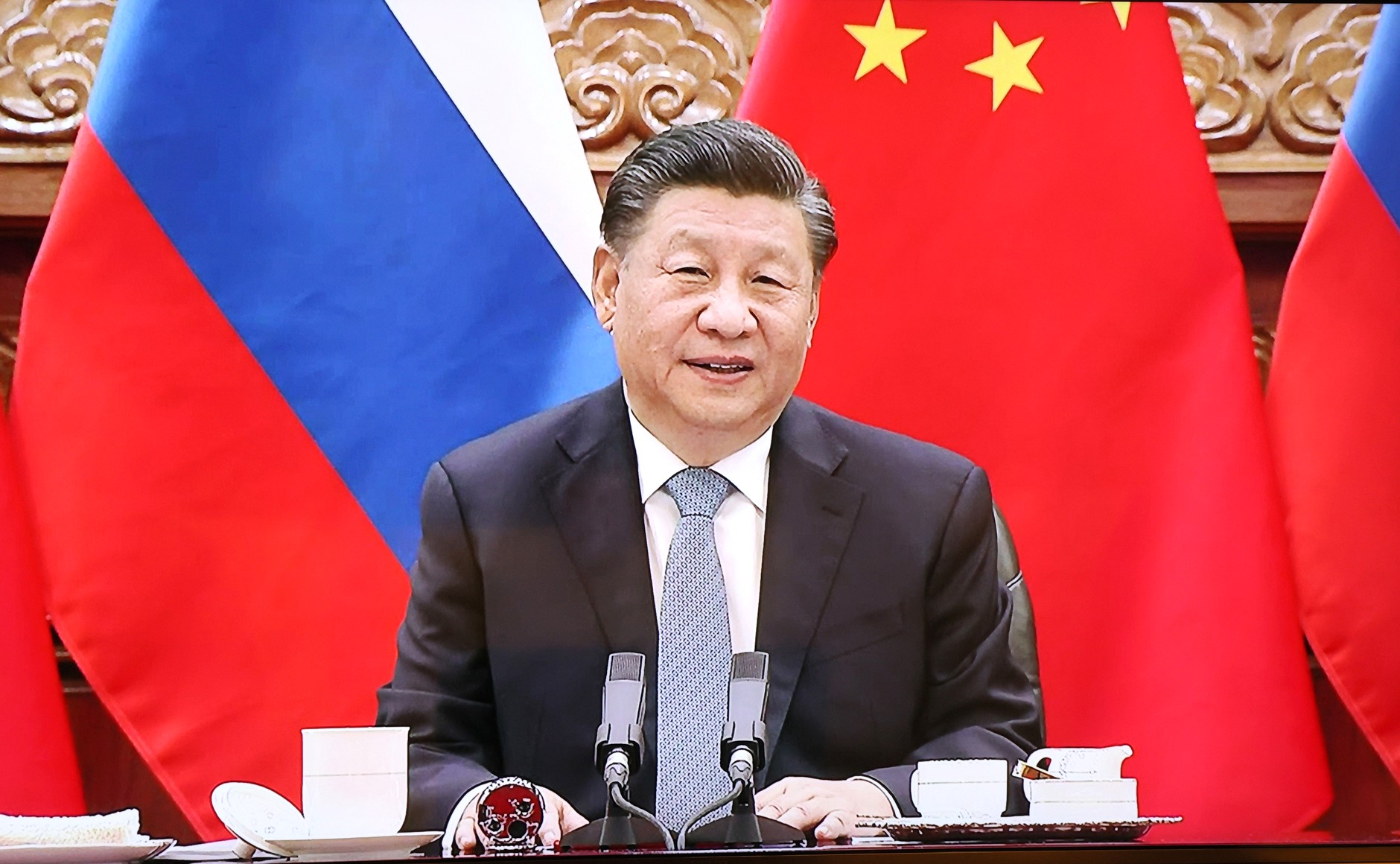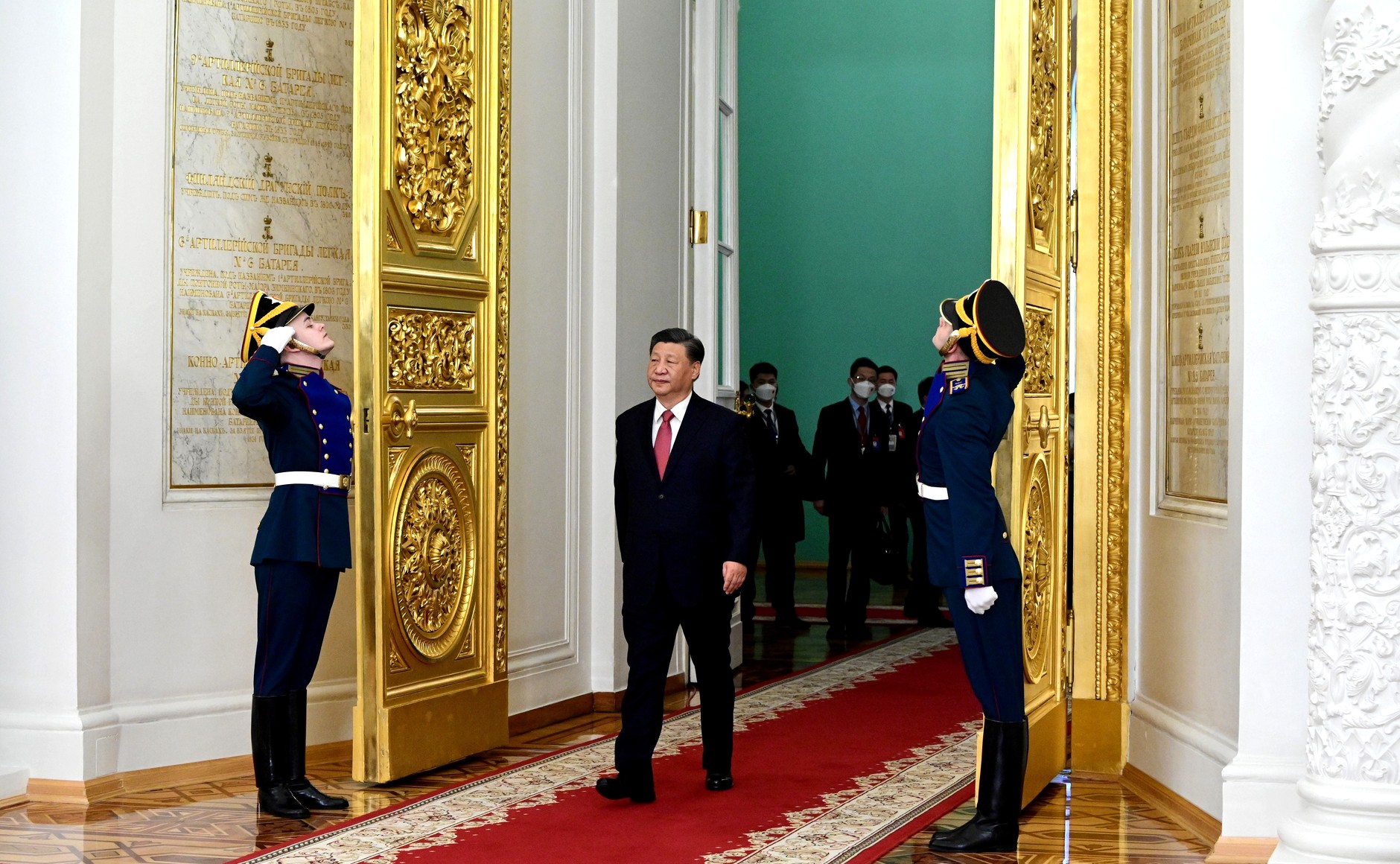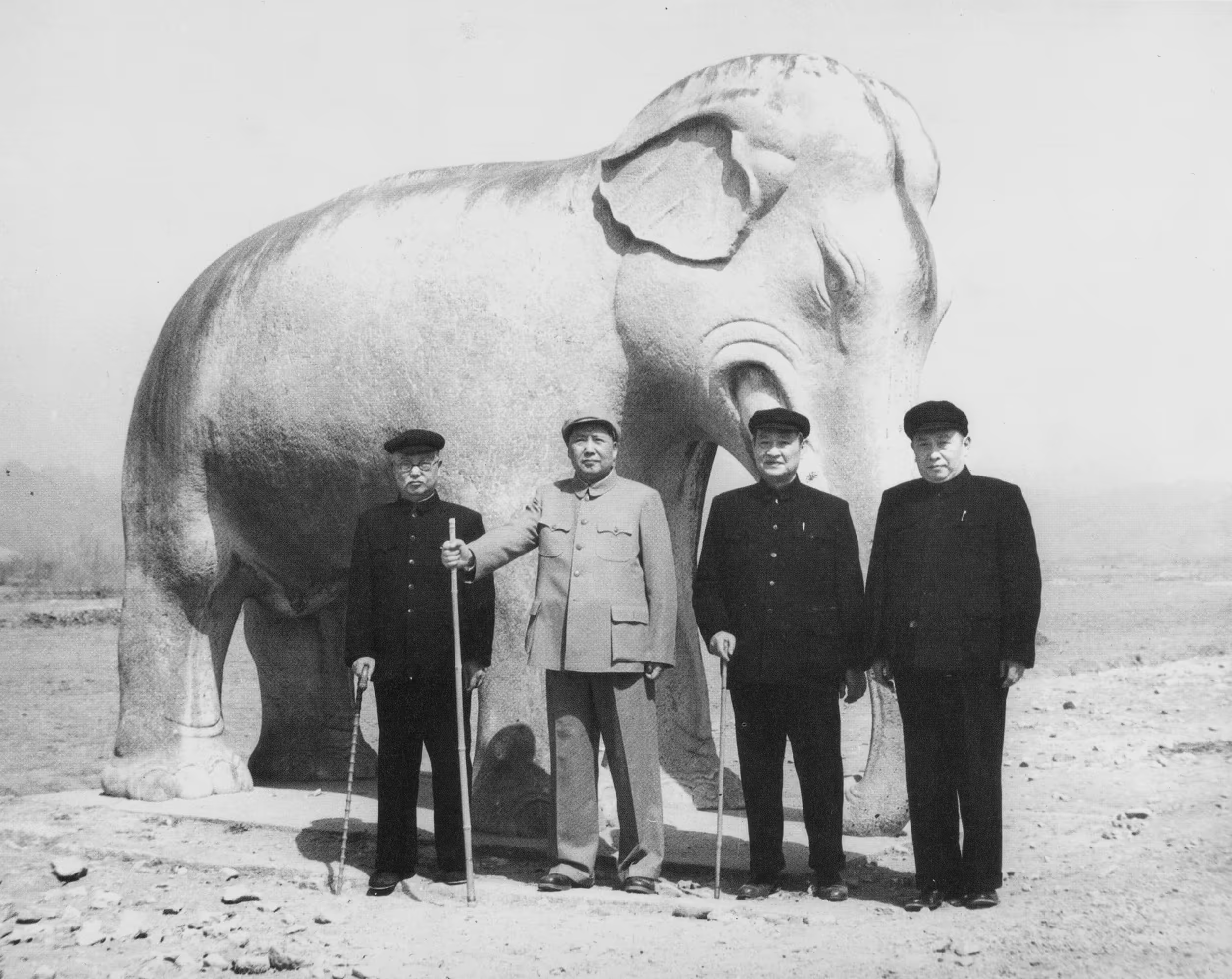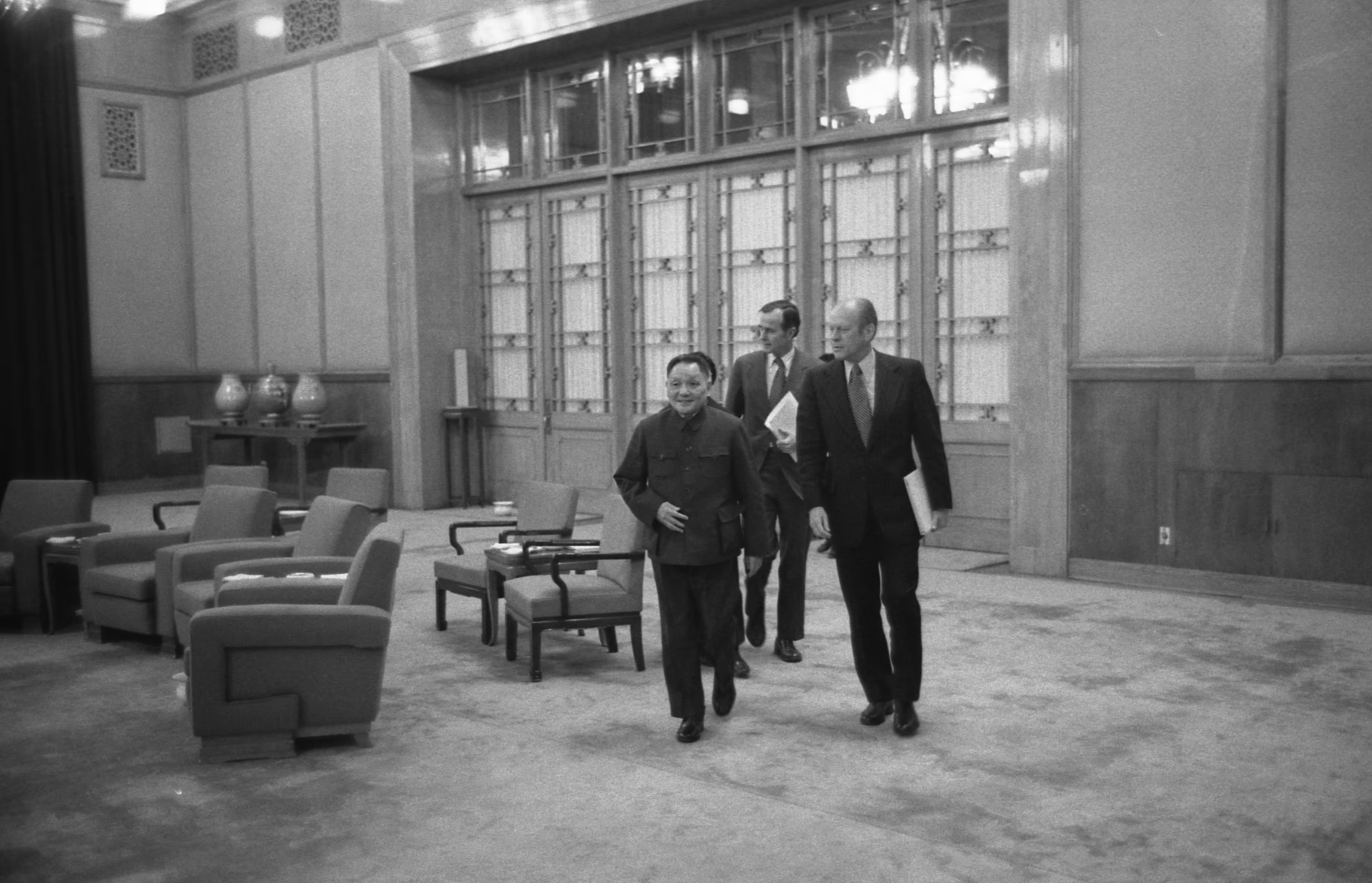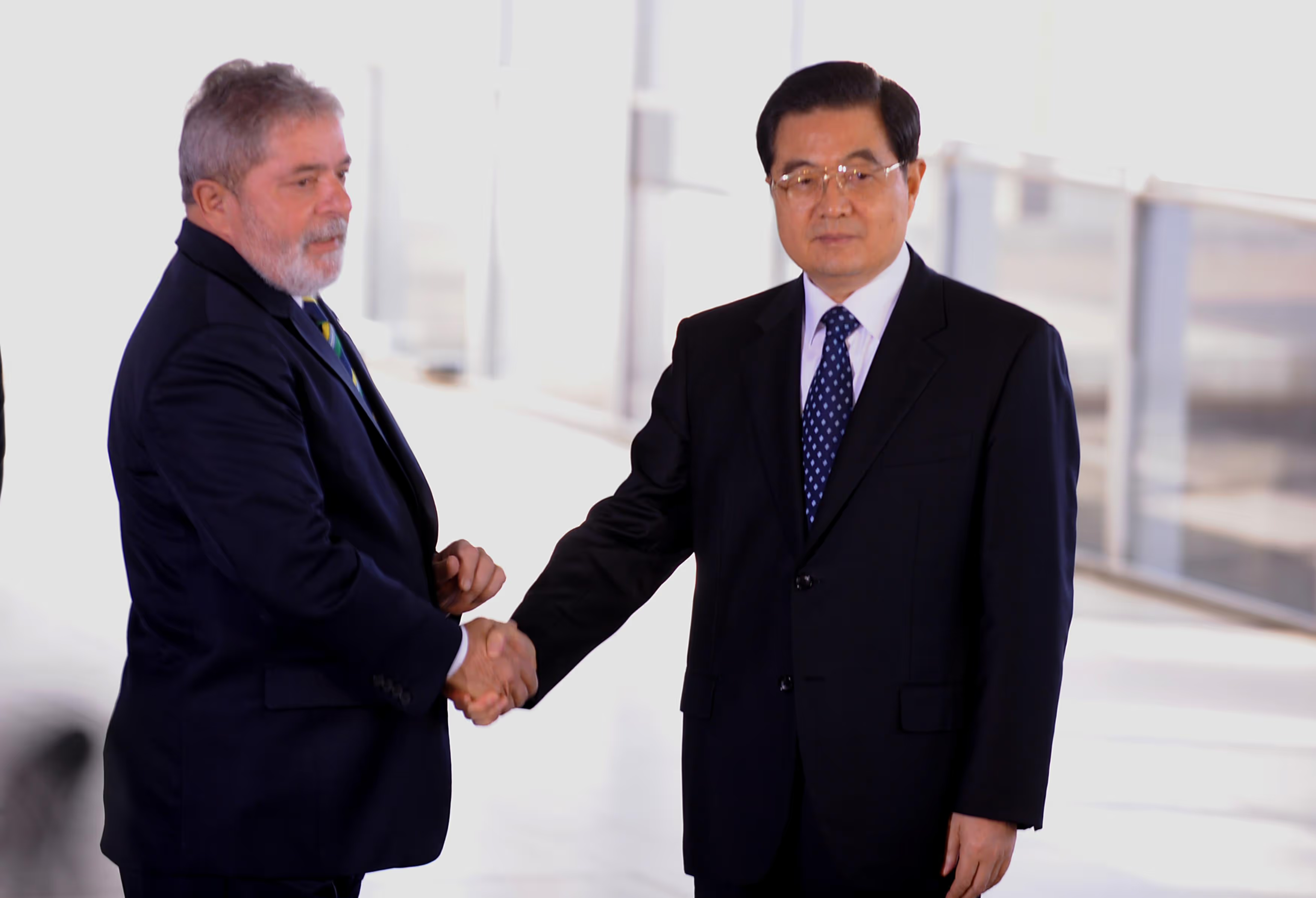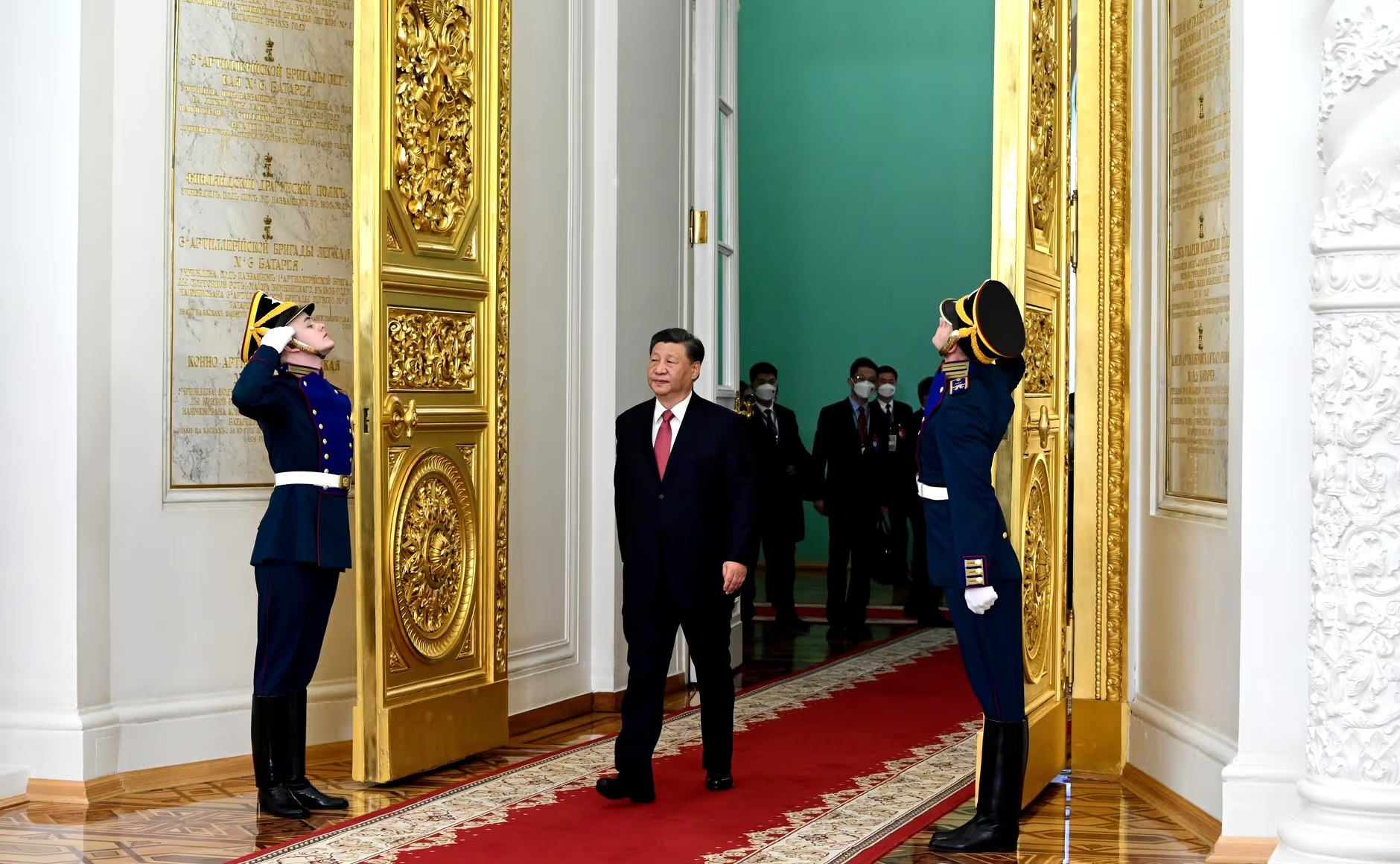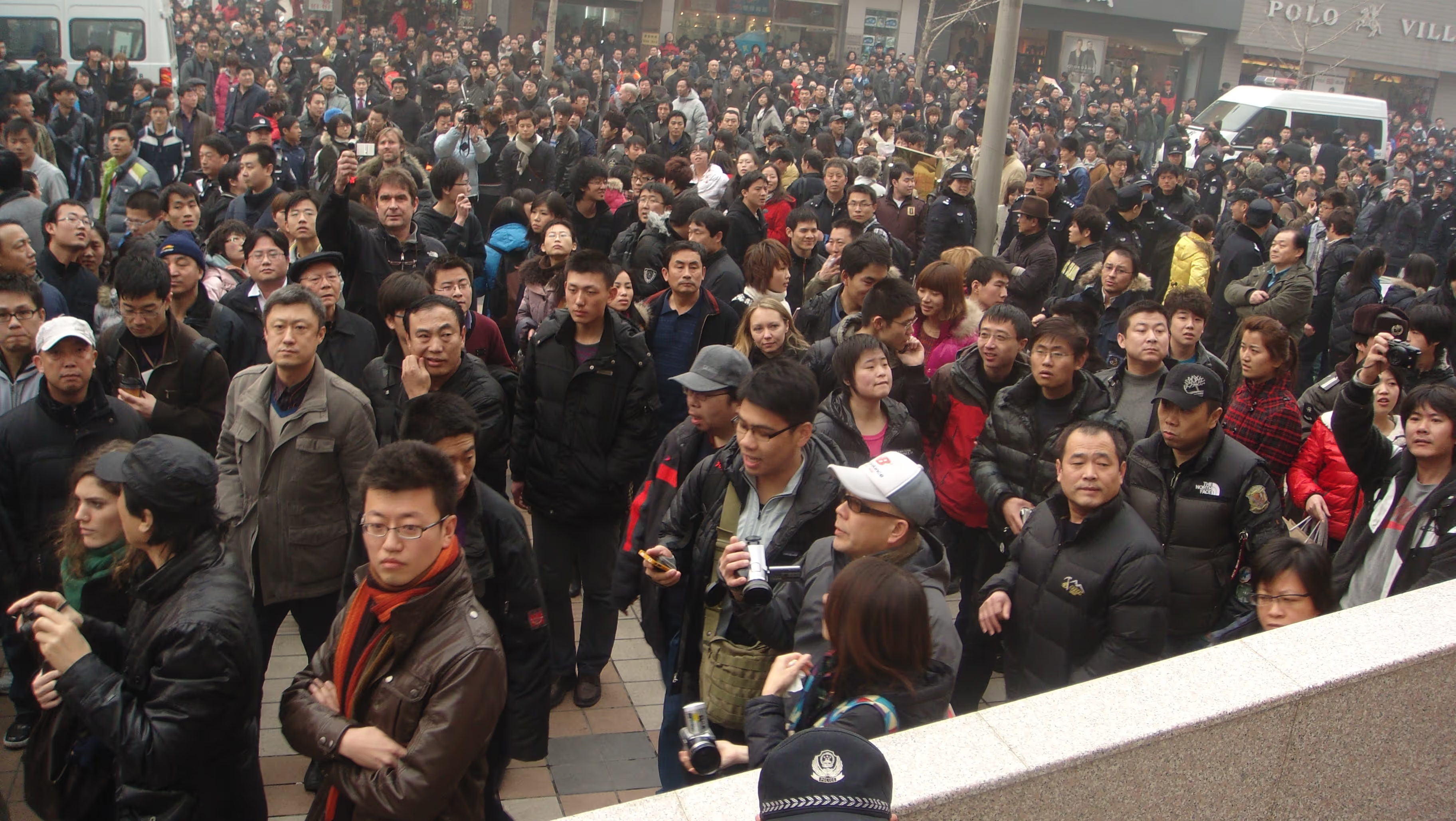The CCP’s longstanding One-China principle asserts that ‘there is but one China in the world, Taiwan is an inalienable part of China’s territory, and the government of the People’s Republic of China is the sole legal government representing the whole of China.'
While CCP leaders have consistently upheld that principle since 1949, the tone, urgency and framing of their statements on Taiwan have evolved. Under Xi Jinping, their language has become increasingly assertive, nationalistic and tied to broader strategic goals. A timeline highlights these shifts:

